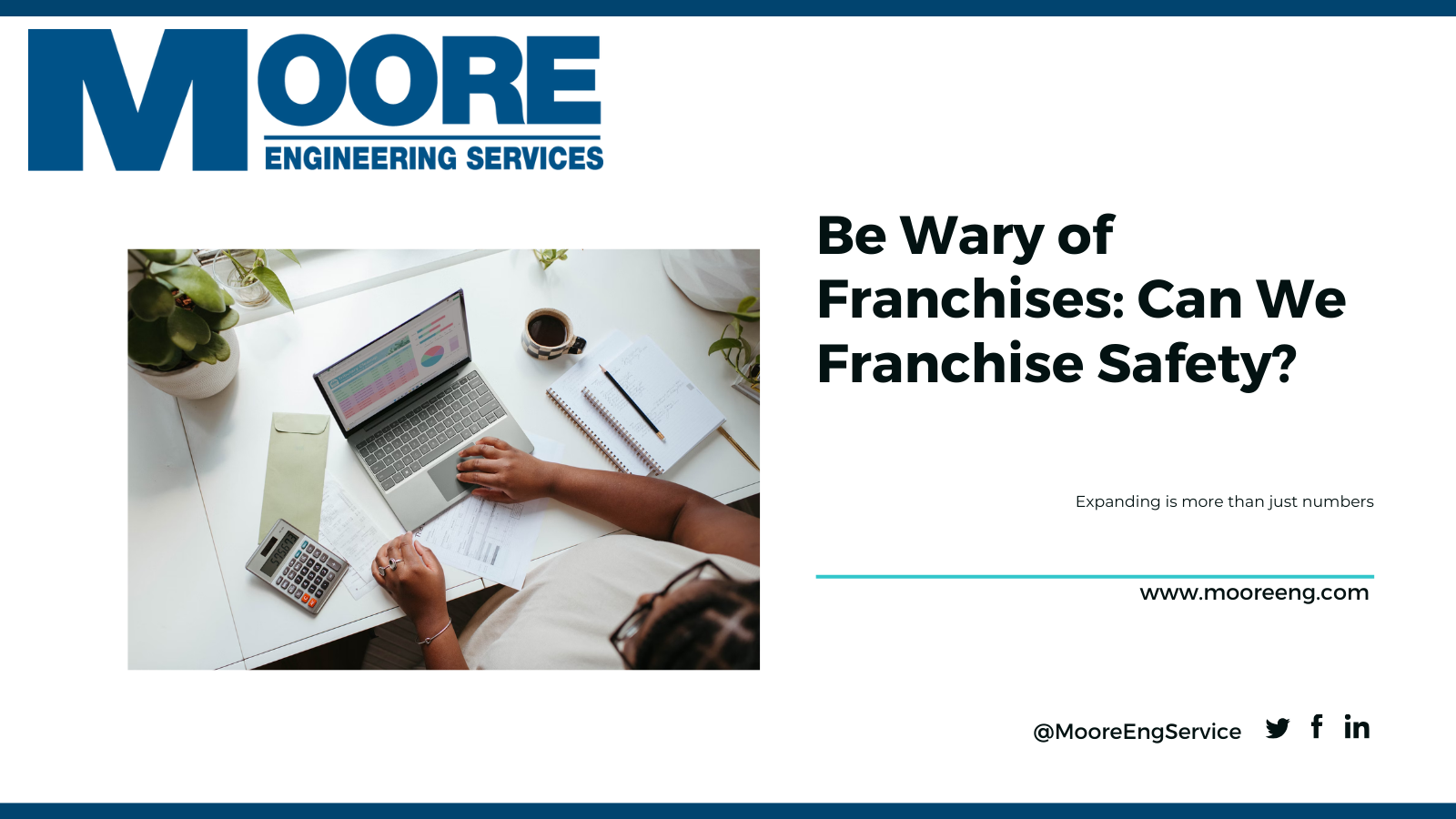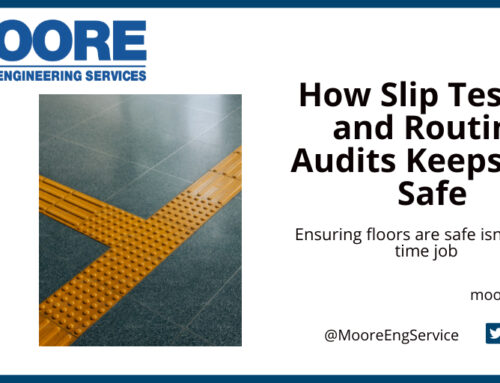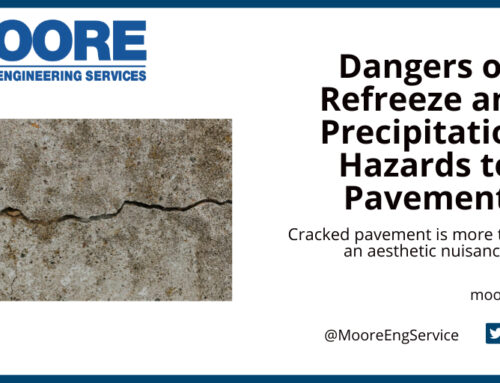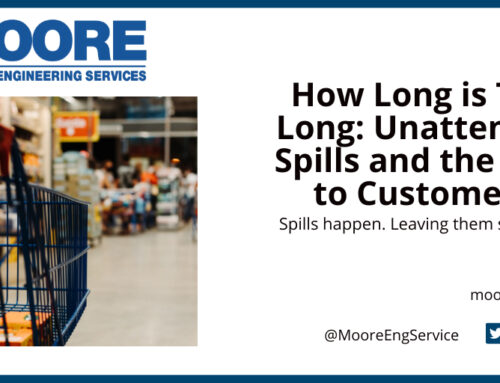Franchising a business seems like a wonderful opportunity—for both the franchisor and franchisee. Both parties get an opportunity for increased revenue streams while the franchisor builds brand awareness. But what happens when franchising puts the public’s safety at risk? Recognizable brands like McDonald’s or The UPS Store offer franchise opportunities, but smaller, lesser-known businesses also try to take advantage of the potential benefits from this expanding enterprise venture. Although driven entrepreneurs may jump at the opportunity to control their own leg of an established business with a verified marketing plan and business model, it is very easy for franchises to fail when their products are not commonly purchased and limited training and support is offered.
The appeal is simple. Take a successful and well-known business and offer “partnerships” to anyone willing to put the work in. That sounds all good and well when the business is already successful, but what about when inexperienced businesses try to throw their hat in the ring?
So often we see the climatic rise and fall of businesses expanding too quickly. Just take Quiznos for example. Going from 4,700 US locations in 2007 to fewer than 400 by 2017, Quiznos had exuberant food vendor costs that far outweighed yearly profits by the millions. Add that to frustrated, noncooperative, and unsupported franchisees and unchallenged Subway market competition, this became a recipe for disaster. Even though franchisors may market the opportunity with wishful thinking of easy money, efficient training, and the ability to be one’s own boss, that is rarely the case. The truth is owning a franchise costs way more than the franchisee is likely to receive in profits for years to come, if ever. Startup costs alone can range anywhere from $50,000 to $200,000, and that’s without considering daily and monthly costs to keep the business running, as well as the monthly percent that the franchisor will take. But that is just the financial side of it. The human side of it is more pressing.
What is a Franchise?
The International Franchise Association (IFA) defines, “A franchise (or franchising) is a method of distributing products or services involving a franchisor, who establishes the brand’s trademark or trade name and a business system, and a franchisee, who pays a royalty and often an initial fee for the right to do business under the franchisor’s name and system.” The IFA explains that franchising is about relationships, brands, and support. If done right and researched well, franchising can be a wonderful opportunity for those looking to run their own businesses.
Understanding support is a key factor to research when deciding which franchisor to invest in. Along with a recognizable brand name, IFA states franchisors should offer support in the following areas:
“Site selection and site development assistance
Training for you and your management team
Research and development of new products and services
Headquarters and field support
Initial and continuing marketing and advertising”
Ensuring enough capital upfront, hiring the right team, and creating a business model are all standard tips when venturing into franchises, but the most common recommendation is relying on the franchisor for mentorship and support. Minutemen Press explains the benefit of employing the programs the franchisor offers to market and expand the business, as well as acknowledging that mentorship and assistance is a must to succeed. ServiceMinder mirrors this sentiment from the viewpoint of the franchisor and explains that a good franchise is one with a strong and supportive infrastructure that prioritizes training from the start.
Along with this, potential franchisees should consider the geographic pros and cons of the franchise. What is the volume of the same franchise within the region and how does that correlate to the population? Not understanding the level of demand vs supply can lead to a high risk but low reward situation if not researched properly. Similarly, when considering revenue with supply and demand, FranchiseBusiness advises taking advantage of multiple revenue opportunities. The potential for varied streams is not always made clear upfront, but all angles should be considered before jumping in.
Ultimately, when researched and planned properly, investing in a franchise is a great opportunity for business savvy entrepreneurs. One can become their own boss, so to speak, and run with a proven business model that is hopefully in high demand. Most important is knowing that the franchise chosen is one you can trust.
Success at the Risk of Lost Investment and Quick Failure
Most commonly we see fast food chains franchise, but any type of business, from hospitality to pet care will franchise. Unfortunately, even if the franchise is a recognizable name, individual franchises fail just as often as any small, independent business. There is a certain gamble franchisees take when deciding how in demand the business is and if they can corner the market with a new opportunity. In these situations, the monetary risk franchisees take is always higher than the franchisor, even at the sake of brand reputation.
AllBusiness.com points out that finding the right franchisee to manage the business is no easy task and success is dependent on the right person. Business savvy and managerial skills are still a necessity when beginning this venture, to which training is varied depending on the franchise. When companies are eager to sell their units without considering the qualifications of their franchisees, especially in an industry where education and knowledge of the subject is so important, it is very likely for the franchise to crash and burn and the potential clients will suffer.
Should We Franchise Safety?
Walkway safety is not just my business and my passion, but also stems from extensive educational and career field experience. It takes more than just an eight-hour certification course and marketing resources to understand and uphold international industry accepted standards for public safety. There is more to assessing a floor for safety dangers than reading data, but also understanding specifications and design for all floor types as well as the construction of said floor.
When considering correcting slippery floors, I often point people to the principles contained in this article because most of the time if the issue can’t be solved with cleaning or common methods, the best answer is a more appropriately selected floor or the addition of other methods like matting. Someone selling flooring treatments is unlikely to make these recommendations.
Like we have seen with many franchises in the past, people often get into it for the wrong reasons, resulting in a trail of failed business ventures. The individual suffers, but the main entity still makes out with a profit and will often continue to sell franchises even if they continuously fail.
What’s worse is when a recognizable group takes widespread control, even if they are delivering low quality work, they will still be able to push their products over individually owned entities. This shuts out the professionals who can offer industry expertise or a variety of building materials but are unable to compete with nation-wide advertising.
Red Flags of Franchise Opportunities
A common warning and suggestion before committing to a franchise is to truly understand the business and talk to other franchisees, but what if that isn’t an option? Although people may be sold on the sales pitch, talking to other franchisees is the only way to understand if they are truly being supported and able to provide what the business preaches. My best bet is that if one can’t get into contact with other franchisees, then it is likely they don’t have much good to say.
Two more simple red flags:
- Business volume and statistics: sales over a number of years showing viability in a certain specific geographic area is a must especially when considering a limited area.
- Products that work: it’s easy to buy a new phone or earbuds and determine how well they work but with products like floor safety treatments and consulting, consider how you’d assess the value of these services to a client.
Spreading the business thinly across the country without the capability to properly train all the new members in the industry is a quick way to lower the quality of the work. Just because the franchise is a recognizable name, that doesn’t mean it can support the training needs of numerous franchise locations, nor that the franchise itself was ever properly trained to begin with. When any business involves safety, and offers that to a widespread client base, shouldn’t we be confident that those providing the services are able to deliver? If there is no way to verify the training received, how can we be so sure?
Some Specialties Are Not Bound for Franchising!
Nu-Safe has been around for over twenty years and its owners Ken and Patty Fisher are well known in the industry for providing flooring assessments and treatments. Anyone can buy most of his products, but one thing will likely never happen: Ken will never franchise this business. Ken Fisher says, “franchising requires knowledge and expertise that is both extremely broad in its scope and required knowledge and specific in experience. You can’t learn it overnight, and if you do it’s probably not worth it.” Fisher’s considered franchising in the past but has come to the same conclusion that we have; the industry just couldn’t support it. Fisher explains, “Expanding this type of business is not a question of injecting money and Viola, or that there is a market vacuum and all we need is more people, money, and product on the street. It’s about the realization that there’s an issue and a solution that people realize and that’s when they hire our firm.”
There are many other franchised floor safety businesses that have come and go over the years; few have seen significant success. In particular, we have worked with many of the franchisees in assisting with consulting, equipment rentals, and training and all of them have eventually failed. The realization that the industry requires specific expertise and experience coupled with the nation-wide vastness of what is a relatively small market usually results in not enough work within a geographically confined area.
Contact Us for Industry Experience and Upfront Communication
Wouldn’t you rather rely on an individual with years of experience supporting their skills in the industry? There aren’t many businesses like mine in the country, and there is a reason for that. It takes years of learning and experience through many different factions of the industry to gain enough knowledge to adequately provide testing and expertise in supporting your business—or yourself—safe against slip and trip hazards. This is not a cut and paste business model, but rather a structure of engineering concepts from someone willing to continuously learn as developments in the industry are made and evolve.
We test floors to ensure they are safe for walking, not so we can make money. Please read more about our walkway safety audits and slip testing so that you can better protect your business and yourself against slip hazards. We happily provide complimentary consultations and can be contacted via phone at 856-437-7900 or through the contact form below.
As always, Test Moore, Fail less.






Leave A Comment